24/7 Helpline:
(866) 899-221924/7 Helpline:
(866) 899-2219
Learn more about Klonopin Rehab centers in Cherokee County

Other Insurance Options

Horizon Healthcare Service

American Behavioral

Coventry Health Care

Oxford

UnitedHealth Group

Lucent

GEHA

EmblemHealth

WellCare Health Plans

WellPoint

Ambetter

AllWell

Premera

Self-pay options

Ceridian

Highmark

MVP Healthcare

CareFirst

Absolute Total Care

Access to Recovery (ATR) Voucher

Northeastern Behavioral Health Services
Northeastern Behavioral Health Services is a public rehab located in Tahlequah, Oklahoma. Northeaste...

Creoks Mental Health Services
Creoks Mental Health Services is a private rehab located in Tahlequah, Oklahoma. Creoks Mental Healt...

Cherokee Nation – Behavioral Health Adult Clinic
The Behavioral Health Adult Clinic of Cherokee Nation is a co-occurring addiction treatment center i...


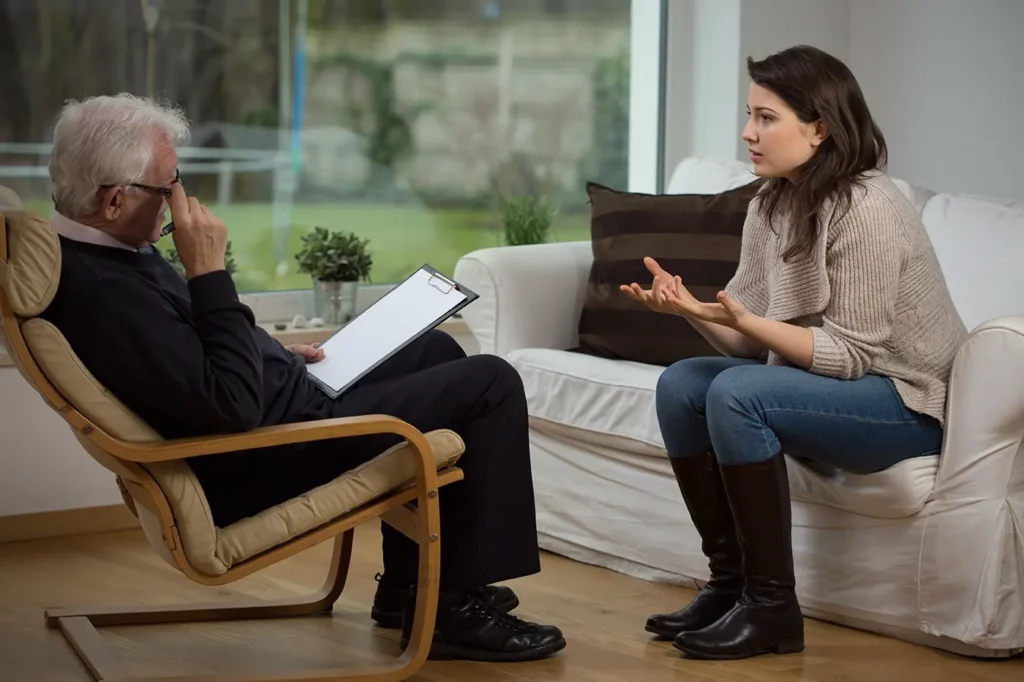
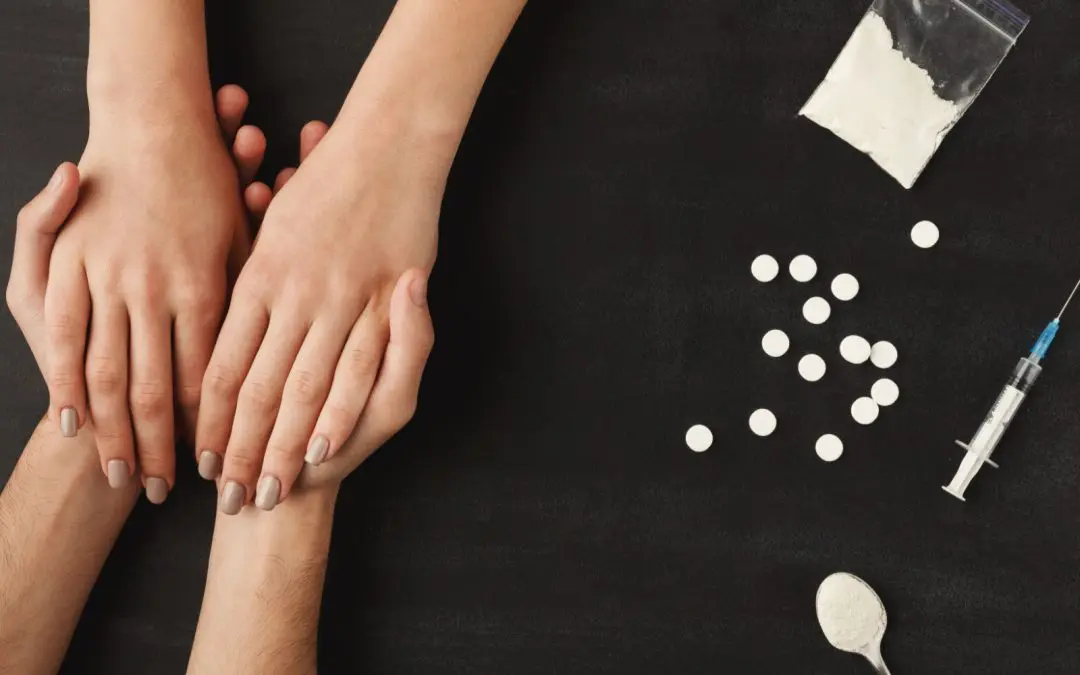





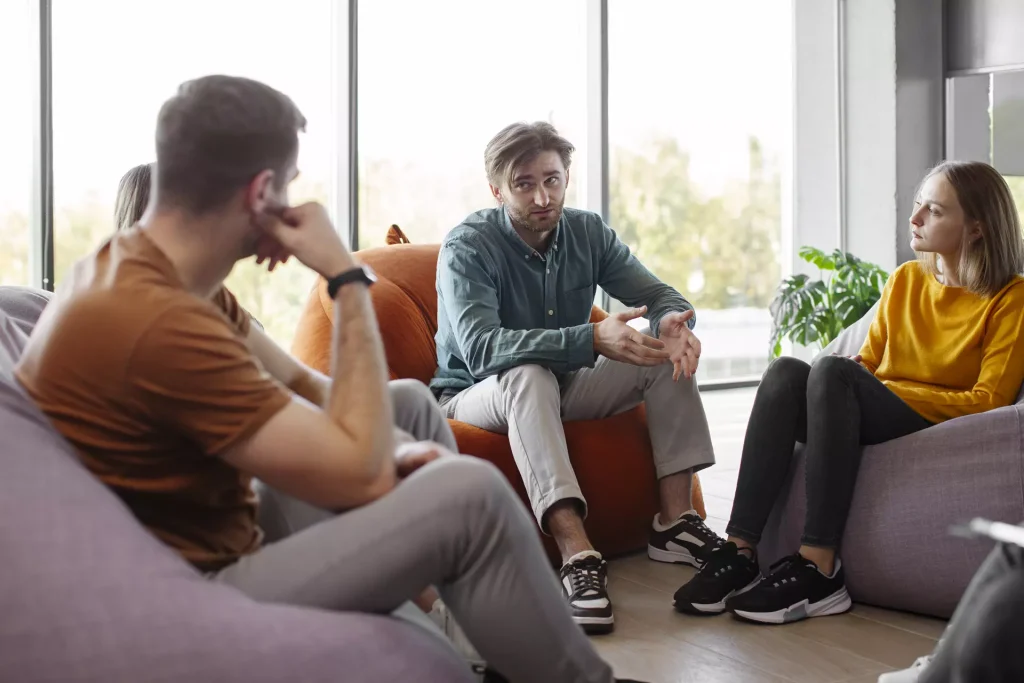






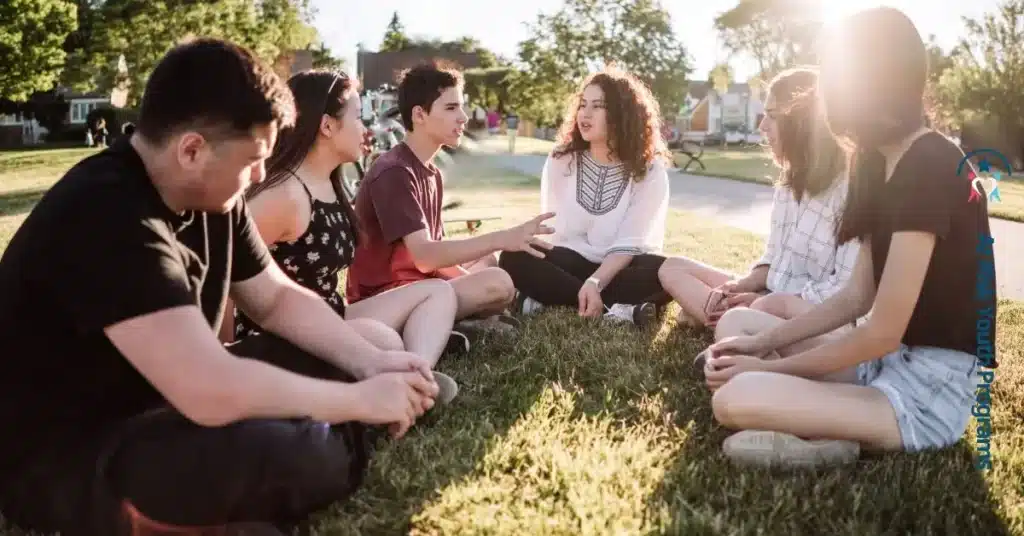
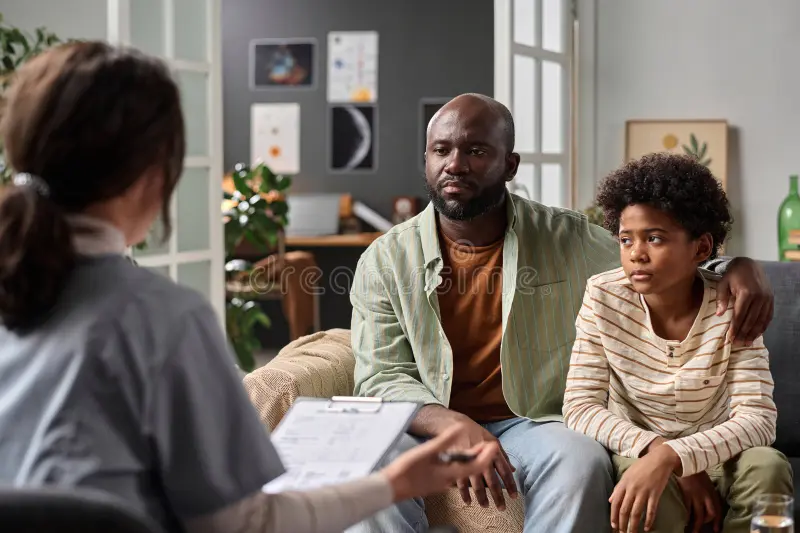
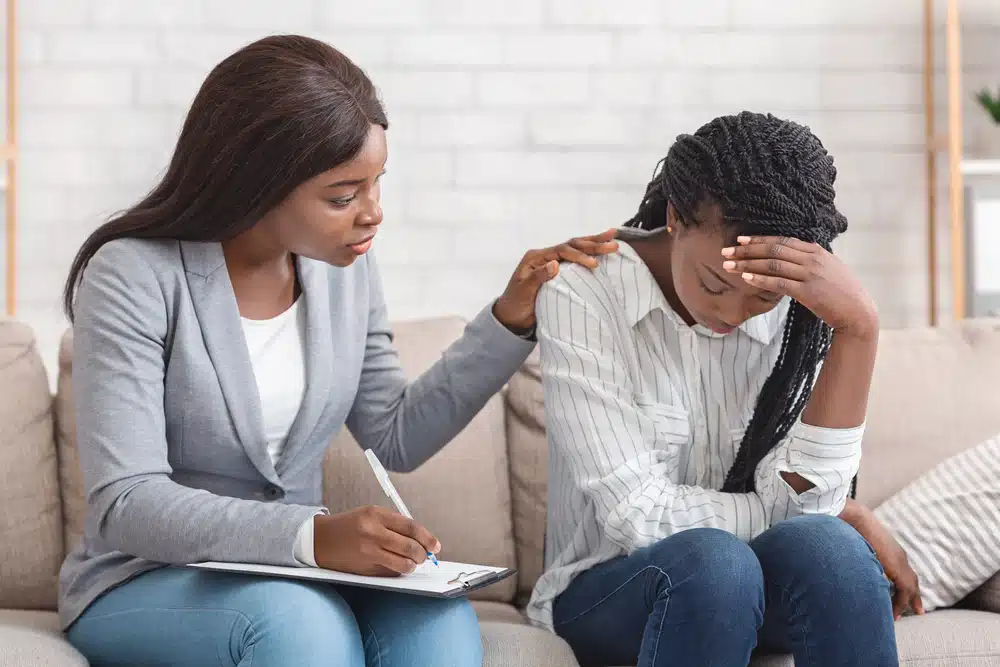


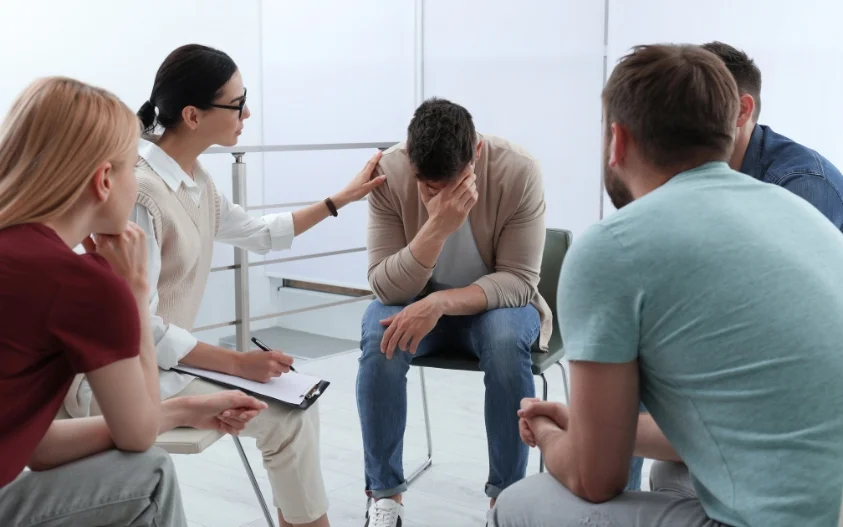





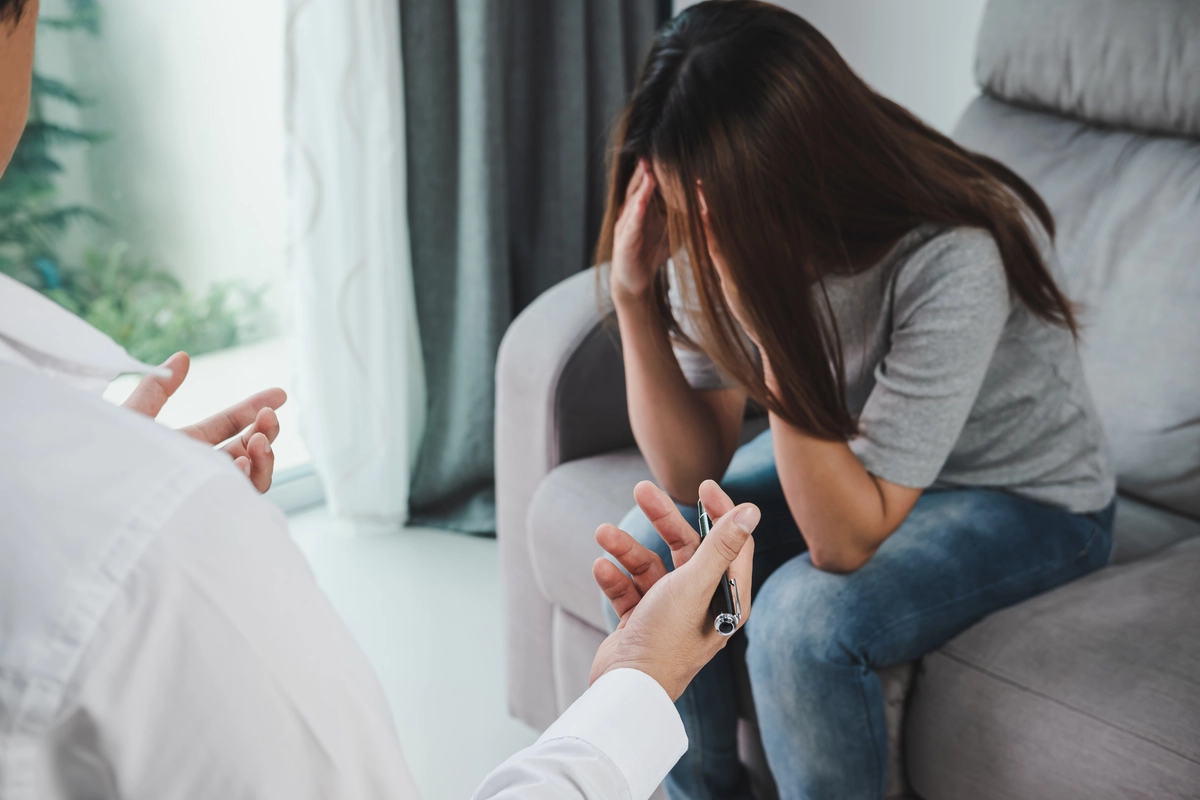



















Redefine U
Redefine U is a private rehab located in Tahlequah, Oklahoma. Redefine U specializes in the treatmen...

People
People Inc. is located in Tahlequah, Oklahoma. People Inc. provides quality community based, habilit...















































